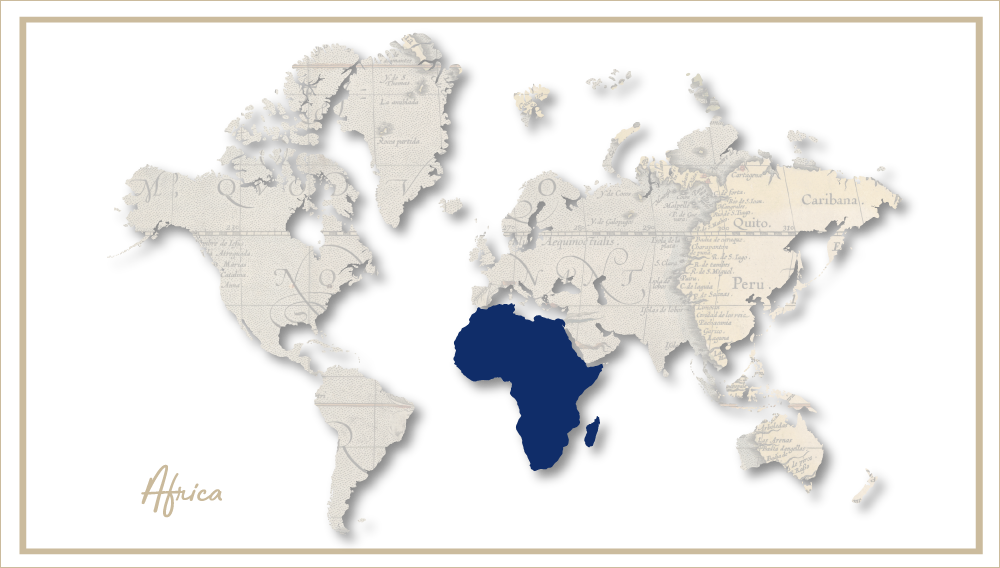SABMiller to begin construction of brewery in Namibia
Norman Adami, former South African MD of SABMiller would not do it. So the task fell to his successor Mauricio Leyva Arboleda: to honour their commitment to build a brewery in neighbouring Namibia.
In April 2013 ground will be broken in Okahandja, a town north of capital Windhoek, for the construction of a USD 34 million 260,000 hl brewery. It is to open in 2014.
The Namibia entity is 60 percent owned by SABSA Holdings, a wholly owned subsidiary of SABMiller. The other 40 percent is held by local Namibian partners comprising 20 percent Onyewu Investments and 20 percent by three charitable trusts for the benefit of local communities. Previously, SABMiller had said that the new brewery will create some 150 new permanent jobs – which are desperately needed in the Okahandja region.
SAB, the South African unit of SABMiller, has been trying for nearly 20 years to set up a brewery in the country of its main competitor in the region, Namibia Breweries Limited (NBL), the brewer of Windhoek Lager. But when Heineken, Diageo and NBL were granted permission to jointly build a brewery in Johannesburg, South Africa, in 2008, the Namibian government must have felt pressured into dropping its resistance to SABMiller’s plans in 2009. Construction was scheduled to start the following year.
SABMiller blames the three–year delay on “rezoning obstacles”. However, if truth be told, Mr Adami was probably not all that keen on investing in Namibia, a relatively small and mature beer market (per capita consumption is fairly high at 40 litres beer), with a total population of about 2.1 million people, which could easily be served by importing beer from South Africa. Currently, SABMiller controls under 20 percent of the beer market in Namibia, sources in Namibia say.
Following the termination of the Amstel licence in 2006, which led to an immediate loss of 9 percent of SAB’s beer sales and USD 80 million in annual profits, SAB has had quite some excess capacity to cope with.
Also, from what we have heard, there was a bit of an internal controversy to overcome, namely, which SABMiller unit would be in charge of the Namibian venture – SAB or SABI, the unit that looks after SABMiller’s businesses in the rest of Africa – as this affects the distribution of future profits from Namibia. Obviously, both units were keen on having them in their books.
This seems to have been settled as the entity reports as part of SAB, it was reported.
Already, media in Namibia are worrying over an imminent beer war between NBL and SAB. They need not worry. This war has been raging for two decades ever since NBL accused SAB of brewing “chemical beers” as opposed to NBL’s Windhoek beers which are Reinheitsgebot.

